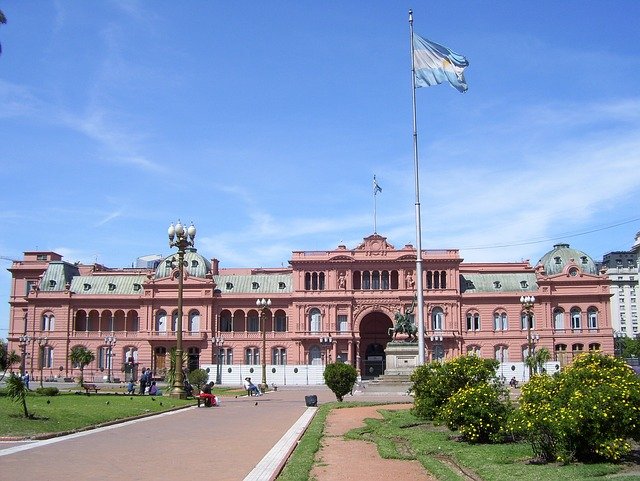This subject to approval by the IMF Executive Board. Under the agreement, the government pledged to accelerate its plans to reduce the budget deficit, even as authorities forecast lower growth and higher inflation in the coming years. The agreement marks a turning point for Argentina, which after the devastating economic crisis of 2001-2002 was blamed by many Argentines on IMF austerity measures. President Mauricio Macri\’s decision to rely on financial institutions sparked national protests.
At a press conference on Thursday, Argentine Finance Minister Nicolas Dujovne said, “The IMF can help, but Argentines need to solve their own problems.” Finance Minister Dujovne expects the IMF board to approve the deal at its June 20 meeting. And he added that he expects an immediate payment of 30% of the related funds, or about $15 billion. Argentina aims to reduce its budget deficit to 1.3% of gross domestic product in 2019. The agreement calls for fiscal balance in 2020 and a fiscal surplus of 0.5% of GDP in the same year.IMF Managing Director Christine Lagarde said:”This measure will finally ease the government\’s financing needs and put public debt on a downward trajectory, as President Macri said, It will lighten Argentina\’s burden.
Interest rates will range from 1.96% to 4.96%, depending on the amount Argentina decides to use. Argentina must repay the amount used in eight quarterly installments, with a three-year grace period. As widely expected, the government also plans to send proposals to Congress to reform the central bank\’s charter and strengthen its autonomy. The central bank will also stop remittances to the Treasury, which are considered the main cause of prolonged inflation.